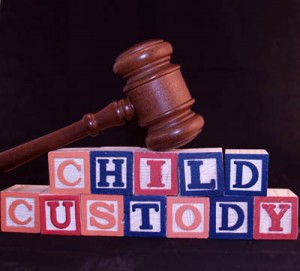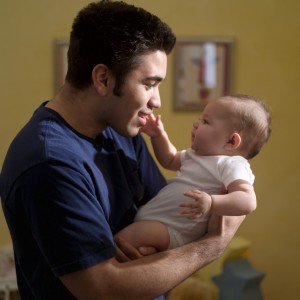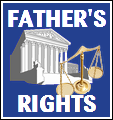 The following is a list of a variety of circumstances in which prenuptial agreements may be appropriate:
The following is a list of a variety of circumstances in which prenuptial agreements may be appropriate:
1. When either of the parties to the marriage is a lawyer, doctor, has a professional degree or has an interest in a business.
2. When either of the parties has assets that he or she seeks to maintain as separate property and not become part of the martial estate.
3. When one of the parties to the marriage has significant debts. The other party may want to avoid being drawn into these financial obligations.
4. When either of the parties have children from a prior relationship or previous marriage.
5. When the present income between the parties is significantly different or one of the parties to the marriage has much greater earning potential than the other.
6. When one of the parties anticipates his or her future financial circumstances will be changed related to future events.
7. When there is a significant age disparity between the parties to the marriage.
The Prenuptial Agreement – The Minimum Requirements
There are certain minimum requirements for prenuptial agreements that should be met. To start with, it should not be done at the last minute. The parties should have a reasonable opportunity to meet with each of their attorneys to discuss this agreement before it is executed. The agreement must be in writing executed by each of the parties to the agreement prior to the marriage. The agreement should contain an acknowledgment at the end and the parties’ signatures should be notarized. The agreement must be fair and reasonable. This is particularly important in cases where the parties have significantly different financial circumstances to show that the more affluent party did not take advantage of the lesser affluent party in the prenuptial agreement. If a judge feels that a prenuptial agreement is unconscionable, which means extremely unfair, they will set the prenuptial agreement aside.
Some prenuptial agreements contain a clause in it that terminates the agreement after a period of years. This is inserted in prenuptial agreements to take into consideration when marriages become longer term marriages the parties may no longer desire the agreement to remain in effect.
Conclusion



 Elliot S. Schlissel is a
Elliot S. Schlissel is a 
 Elliot S. Schlissel is a
Elliot S. Schlissel is a 













